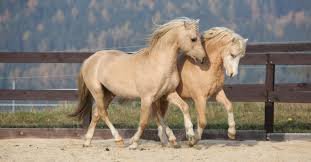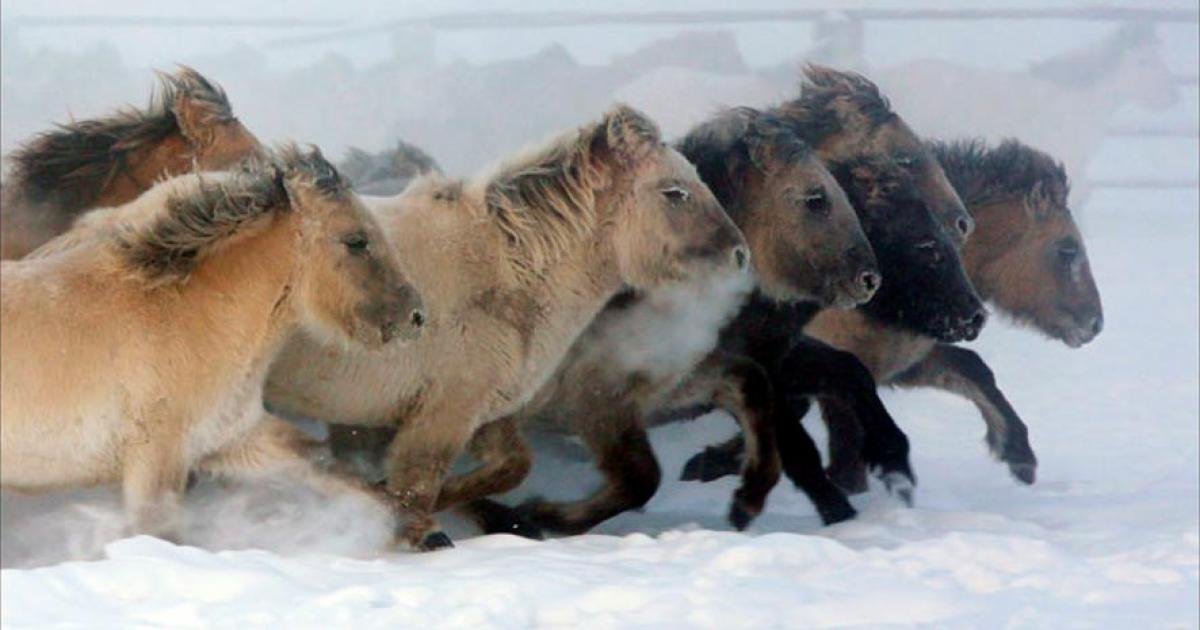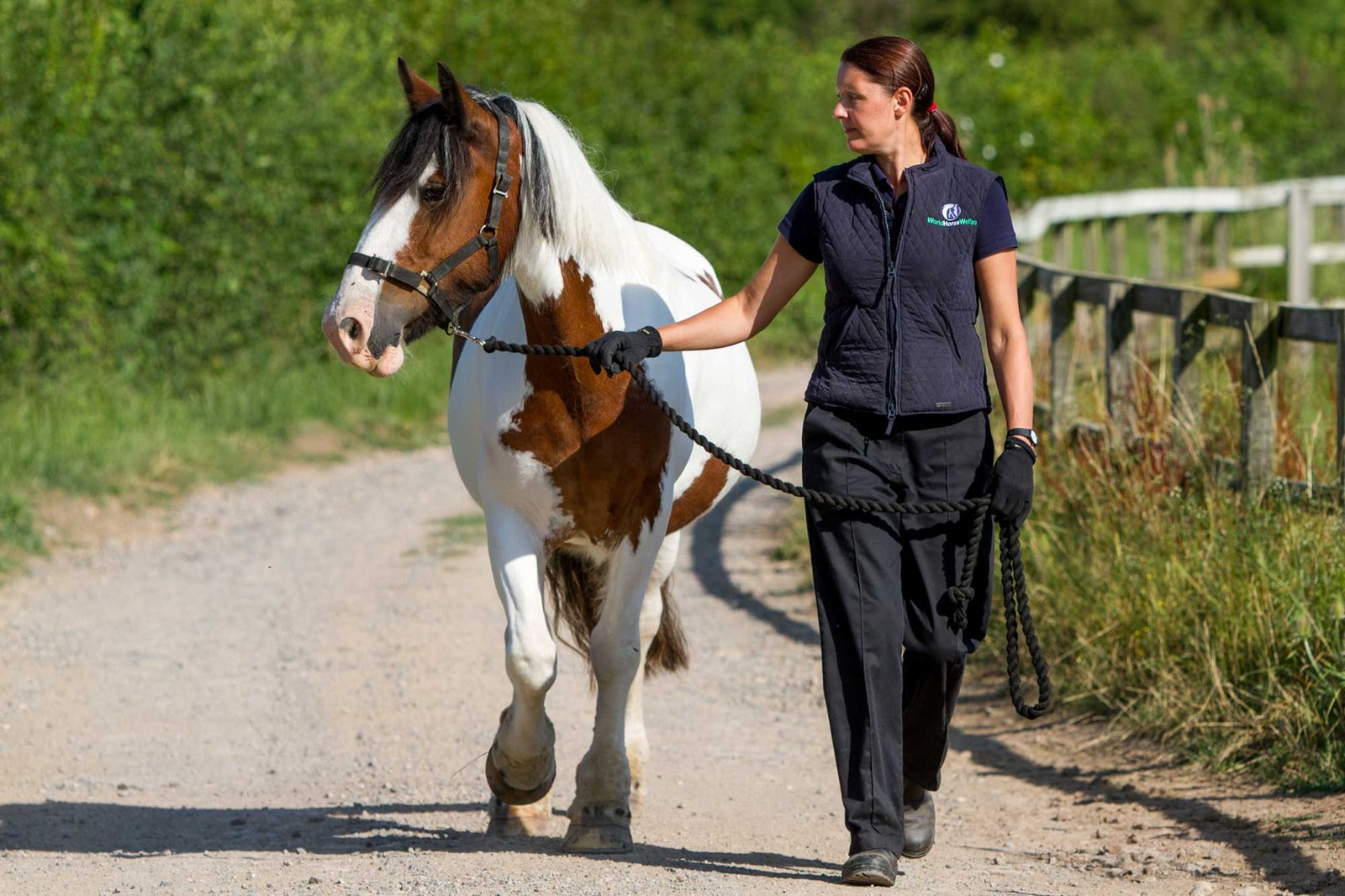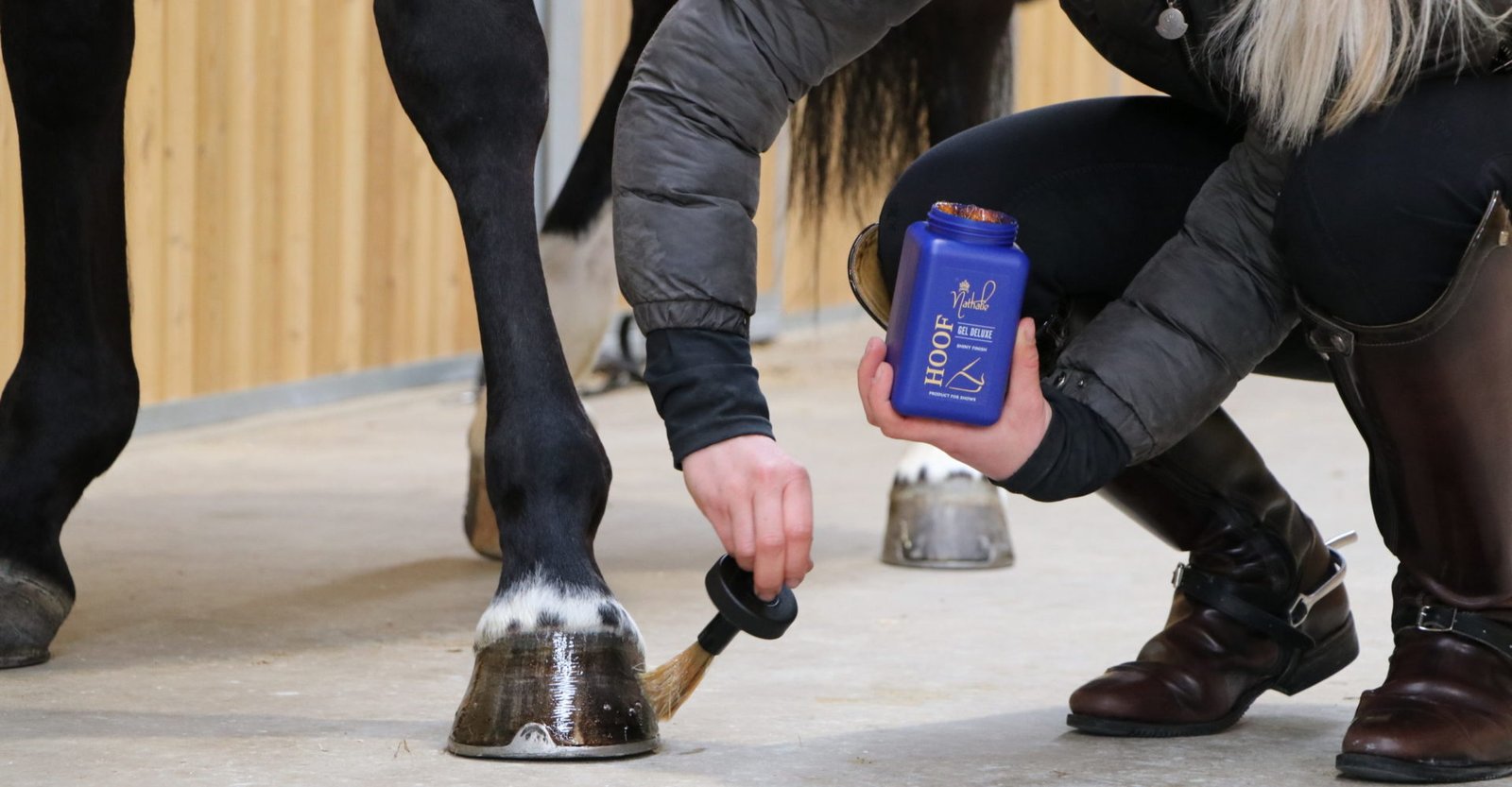When it comes to equines, people often use the terms “ponies” and “horses” interchangeably. However, they are not the same. Ponies and horses have several distinct differences that set them apart. While both are members of the equine family, their size, characteristics, and temperaments vary greatly. Understanding these differences is essential, whether you’re choosing a mount or simply interested in these incredible animals.
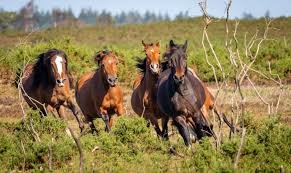
Size: The Primary Difference Between Ponies and Horses
The most noticeable difference between ponies and horses is their size. In general, a pony stands under 14.2 hands (58 inches) at the withers, whereas a horse is taller, measuring above 14.2 hands. This height difference plays a significant role in how they are classified. Ponies are shorter but stockier, with thicker coats and manes, making them more adaptable to harsh weather conditions. Horses, on the other hand, tend to have leaner, more athletic builds suited for speed and endurance.
Build and Physical Characteristics
Aside from height, ponies and horses have distinct physical characteristics. Ponies typically have short legs, wide chests, and muscular bodies. Their thicker bones and dense coats make them resilient in cold environments, as seen with breeds like the Shetland Pony. Horses, conversely, have longer, more slender legs and often a smoother coat. Their bodies are built for agility, speed, and stamina, which explains their use in sports like racing and eventing.
The differences in build also contribute to their behavior. Ponies, due to their sturdier bodies, tend to be more robust and self-reliant, while horses often have a more refined frame, lending them a grace and flexibility suitable for specific tasks.
Temperament: Ponies vs. Horses
Another key difference between ponies and horses is their temperament. Ponies are often described as being more independent and feisty. They tend to be more stubborn, which can make them harder to train. However, their strong-willed nature can also be a positive trait for some owners. Ponies are often known for being friendly and affectionate, especially with children.
Horses, on the other hand, tend to have a more docile and trainable temperament. They can be more eager to please their riders, making them easier to handle in many cases. While individual personalities vary, horses are generally seen as more flexible in terms of training and handling.
Lifespan and Health Differences
Ponies and horses also differ in terms of lifespan and health. Ponies generally live longer than horses. A pony can live well into their 30s, with some even reaching their 40s. Horses, by contrast, typically live between 25 and 30 years. Additionally, ponies are often less prone to certain health issues that horses may face, such as joint problems due to their compact build. However, ponies may suffer from obesity and require careful management of their diet to maintain optimal health.
Use and Functionality
The final significant difference between ponies and horses lies in their function. Traditionally, ponies were used for work on farms, in mining, and for pulling carts due to their strength and sure-footedness. Some ponies, like the Welsh Pony, have a history of being used for light draft work. Horses, on the other hand, have been bred for a wider range of tasks, from racing and dressage to trail riding and other equestrian sports. While ponies are still used for work in some regions, horses dominate competitive and recreational riding.
Conclusion
Ponies and horses share many similarities, but they are also distinct animals with unique characteristics. From size and build to temperament and lifespan, the differences between ponies and horses are evident in every aspect of their lives. Understanding these differences can help you choose the right equine companion or gain a deeper appreciation for these remarkable animals.







